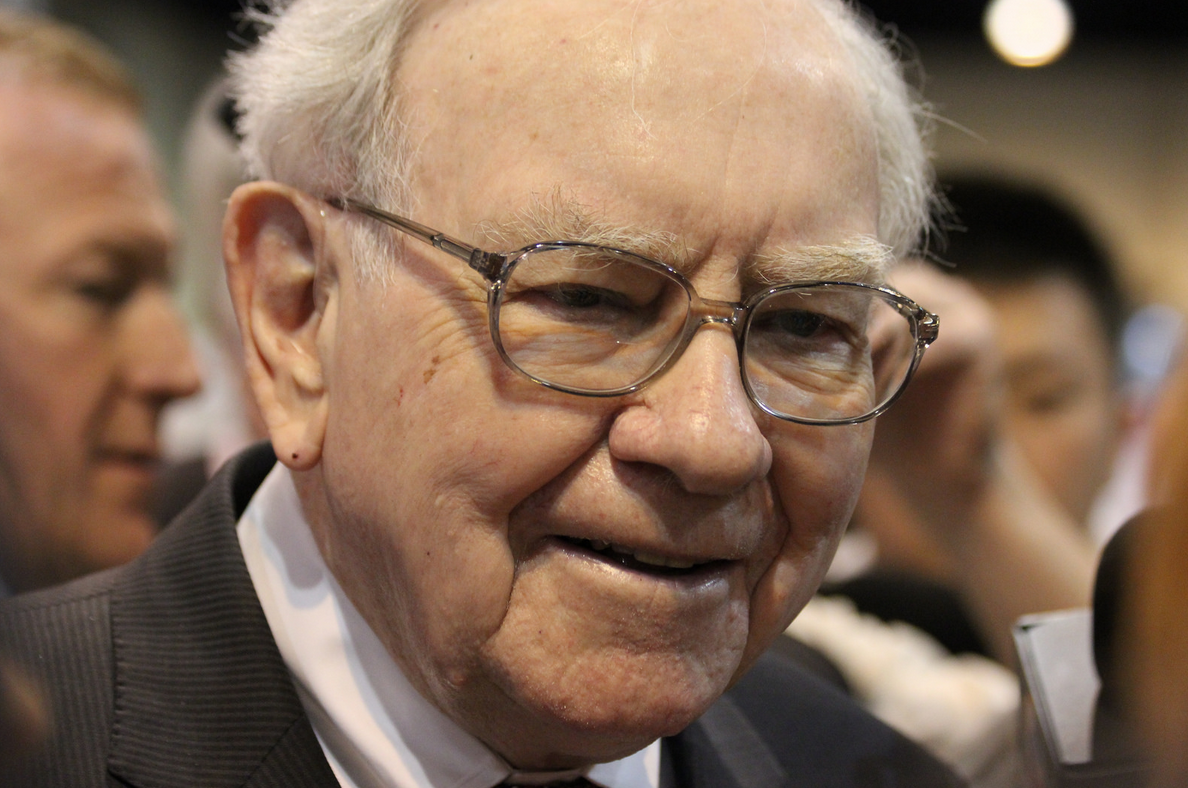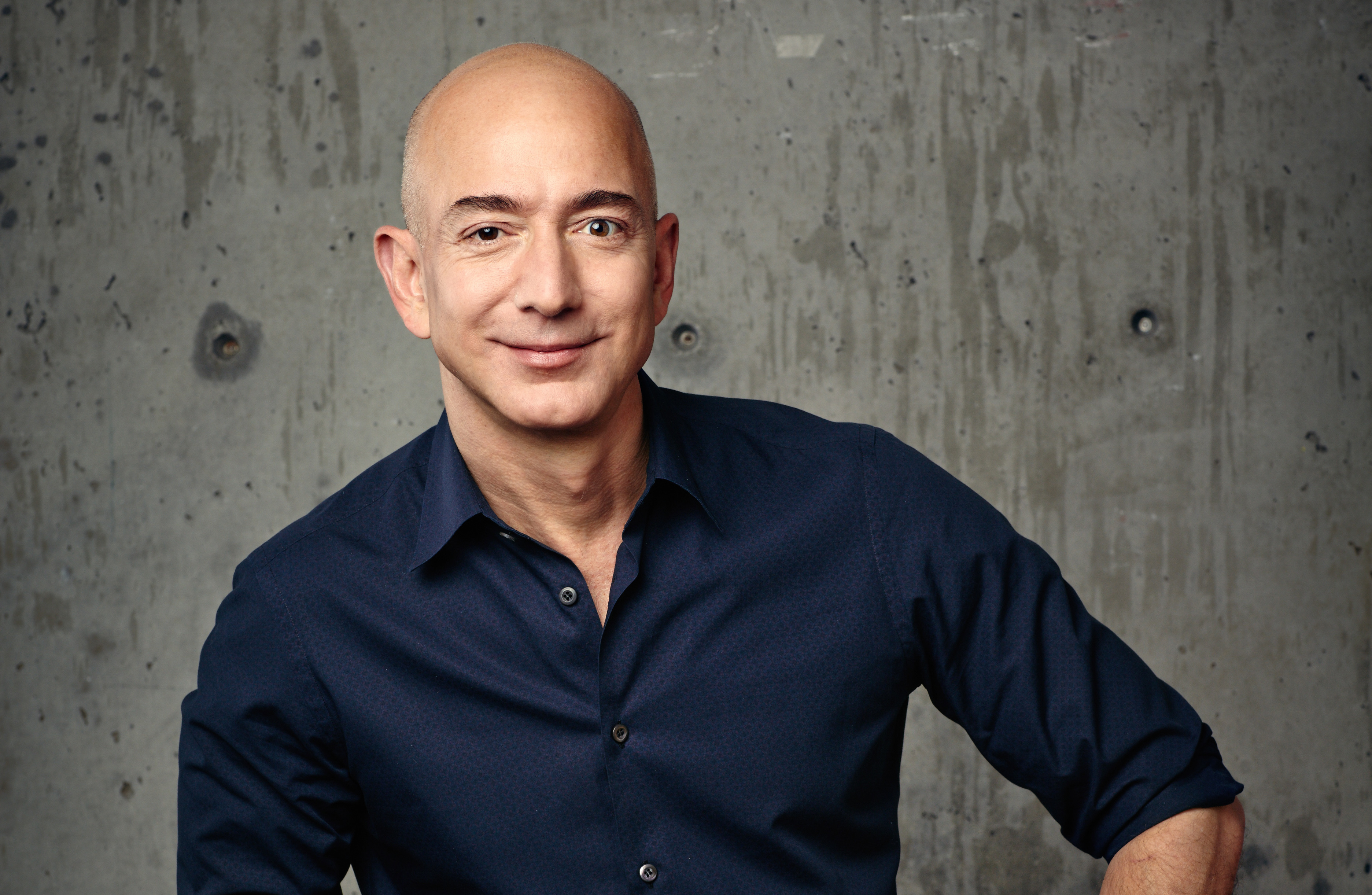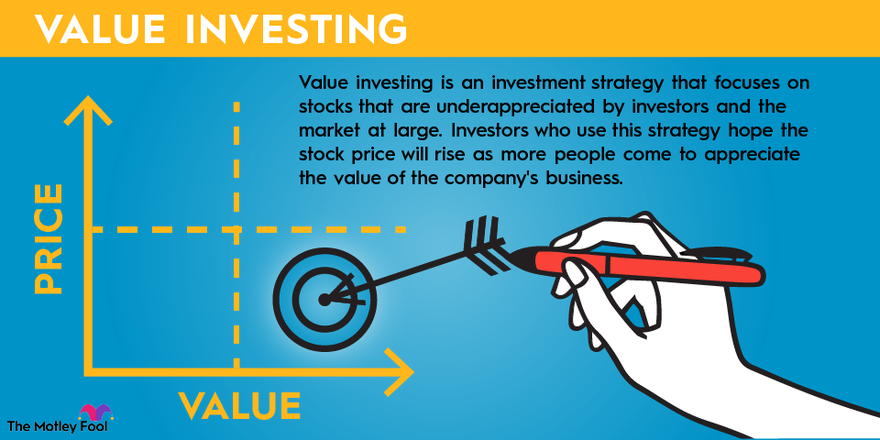Billionaire hedge fund and venture capital firm manager Philippe Laffont has won attention for his early investments in successful tech companies and his ability to thrive through market cycles. Read here to learn about Laffont's investment strategy, career highlights, and philosophy.

Primary role
Philippe Laffont is the founder and chief investment officer of Coatue Management, a hedge fund and venture capital firm launched in 1999.
Investment style
Laffont is best known as a growth investor who focuses on companies reporting major surges in revenue and earnings. Therefore, it should come as no surprise that most of his successes have been in the tech industry.
Laffont benefited from early investments in companies like Meta Platforms (META -2.07%). Yet, even though Meta and Amazon (AMZN -1.73%) are his hedge fund's second- and third-largest holdings, at 7.6% and 6.2%, respectively, he's expressed doubt about the long-term growth of the FAANG stocks: Facebook (now Meta), Apple (AAPL -0.13%), Amazon, Netflix (NFLX -3.36%), and Google, whose parent company is Alphabet (GOOG -1.19%)(GOOGL -1.12%).
Instead, Coatue plans to focus on opportunities presented by the growth of electric vehicles, artificial intelligence (AI), and climate-related technologies.
An analysis of Laffont's biggest investments indicates he's most interested in fast-growing disruptive tech and the infrastructure that supports it. This goes a long way toward explaining his holdings in companies such as Nvidia (NVDA -2.82%), Broadcom (AVGO -3.26%), and CoreWeave (CRWV +1.33%).
There's plenty of great ideas, but the winners in the next 10 years are not going to be the FAANG stocks.
Laffont has earned acclaim as an early-stage investor in successful tech companies. He's invested in pre-initial public offering (IPO) winners such as:
- Tik Tok's parent company, ByteDance
- Snapchat owner, Snap (SNAP -8.41%)
- Grocery delivery service Instacart (CART -4.58%)
- Ride-sharing business Lyft (LYFT -2.90%)
- Streaming service Spotify (SPOT -6.99%)
He has also increasingly touted the potential of AI, putting money into tech giants such as Nvidia, Broadcom, Meta Platforms, and CoreWeave. AI infrastructure start-up CoreWeave launched its IPO in March 2025 and more than tripled its initial $40 price before falling back to a mere 123% gain in six months. CoreWeave represented his fund's largest holding at the end of Q2 2025, making up 8.1% of Coatue's portfolio.
And while it's currently a minuscule portion of his holdings, Laffont described Bitcoin (BTC -2.89%) as a potentially intriguing investment opportunity at a May cryptocurrency summit, adding that if the crypto's beta continues to shrink, "that would be very interesting."
Philosophy & legacy
Launched in 1999, Coatue has survived both the dot-com bust of the early 2000s and the 2008-2009 financial crisis. Even though his personal wealth is estimated to have more than tripled since 2019 to $6.5 billion, Laffont told the Financial Times in 2022 that he still wakes up at 3 a.m. every night and checks a Bloomberg terminal to see "what could go wrong."
Laffont's focus on tech isn't a recent development. He left France to earn a degree in computer science from the Massachusetts Institute of Technology. Describing himself as a "repressed mediocre computer scientist," Laffont's success with tech stocks highlights the vital role of infrastructure that's powering technological secular trends.
Related investing topics
Awards, honors, & recognition
- Advisory board, Robin Hood X Prize
- Trustee, New York Presbyterian Hospital
- Board, Dreamland Theater
- President, Philippe and Ana Laffont Family Foundation










































